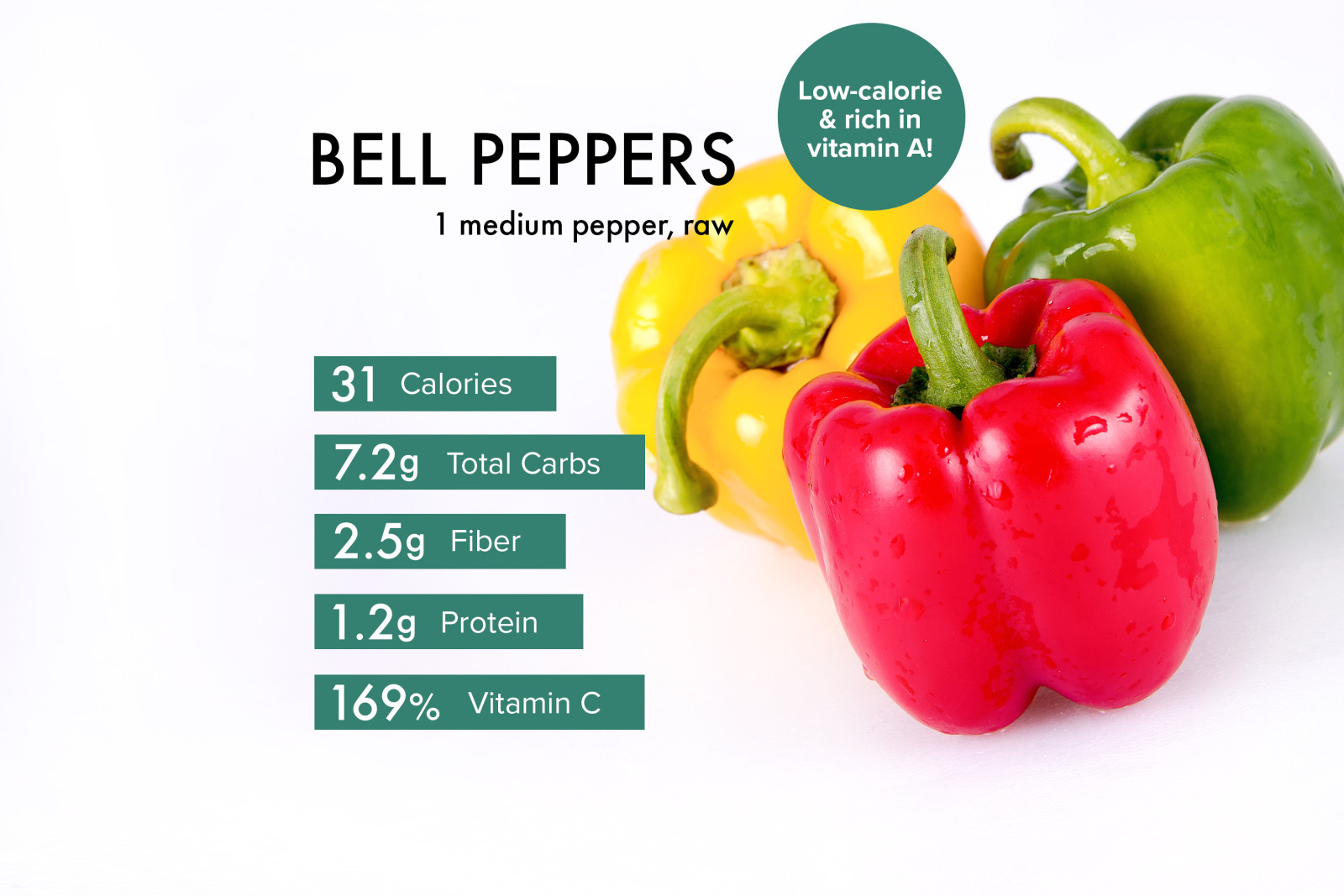
**Why is Potassium So Crucial?**
Potassium is instrumental in maintaining a healthy balance of fluids in the body, supporting proper muscle function, and ensuring that your nerves function efficiently. It also plays a significant role in preventing high blood pressure, a major risk factor for heart disease and stroke. Despite its importance, many adults don't get enough potassium in their diet.
**What Can Prevent Potassium Absorption?**
Several factors can inhibit the body's ability to absorb potassium efficiently. Understanding these can help you optimize your potassium uptake:
Certain Medications: Some medications, such as specific diuretics, can increase potassium excretion. Always consult with a healthcare provider if you're concerned about how your medication might affect your potassium levels.
Gastrointestinal Issues: Conditions that affect digestion and absorption, such as Crohn’s disease or celiac disease, can lead to lower potassium absorption.
Foods High in Potassium: Your Dietary Heroes
Focusing on including potassium-rich foods in your diet is a delicious and natural way to boost your intake. Here are some top picks:
- Avocados: Besides being trendy, they're also a fabulous source of potassium.
- Sweet Potatoes:Both delicious and nutritious, a medium sweet potato can offer a significant potassium boost.
- Spinach: This leafy green is not only high in potassium but also in other essential vitamins and minerals.
- Beans: Various types, including white beans and kidney beans, are excellent sources of potassium.
- Bananas:Often recognized for their potassium content, they're an easy, on-the-go option.
- Dried Fruits: Apricots and prunes are particularly high in potassium, but remember, they are also higher in sugar.
- Beets: Not only do they add color to your plate, but they also contribute valuable potassium.
-Bell Pepper: It might surprise you to know that bell peppers are a fantastic source of potassium, often overshadowed by the more commonly recognized banana. All while reducing extra sugars While bananas are renowned for their potassium content, bell peppers, particularly red bell peppers, pack a punch in the potassium department as well.
Bell peppers, in addition to being high in potassium, are also rich in vitamins A and C, antioxidants, and fiber, making them a colorful and nutritious addition to any meal. They can be enjoyed raw, grilled, sautéed, or added to dishes for a burst of flavor and nutrition. So, next time you're looking to boost your potassium intake, don't forget to consider the versatile and vibrant bell pepper as part of your healthy eating plan.
Incorporating a variety of these foods into your meals can ensure you're meeting your potassium needs, which is crucial for maintaining optimal health and well-being.
Balancing your potassium levels through a thoughtfully chosen diet can significantly impact your overall health, from enhancing muscle function to supporting heart health. Pay attention to not only how much potassium you're consuming but also what might be inhibiting its absorption to truly maximize this essential nutrient’s benefits to your health.
Stay informed and stay healthy!
--












0 Comments